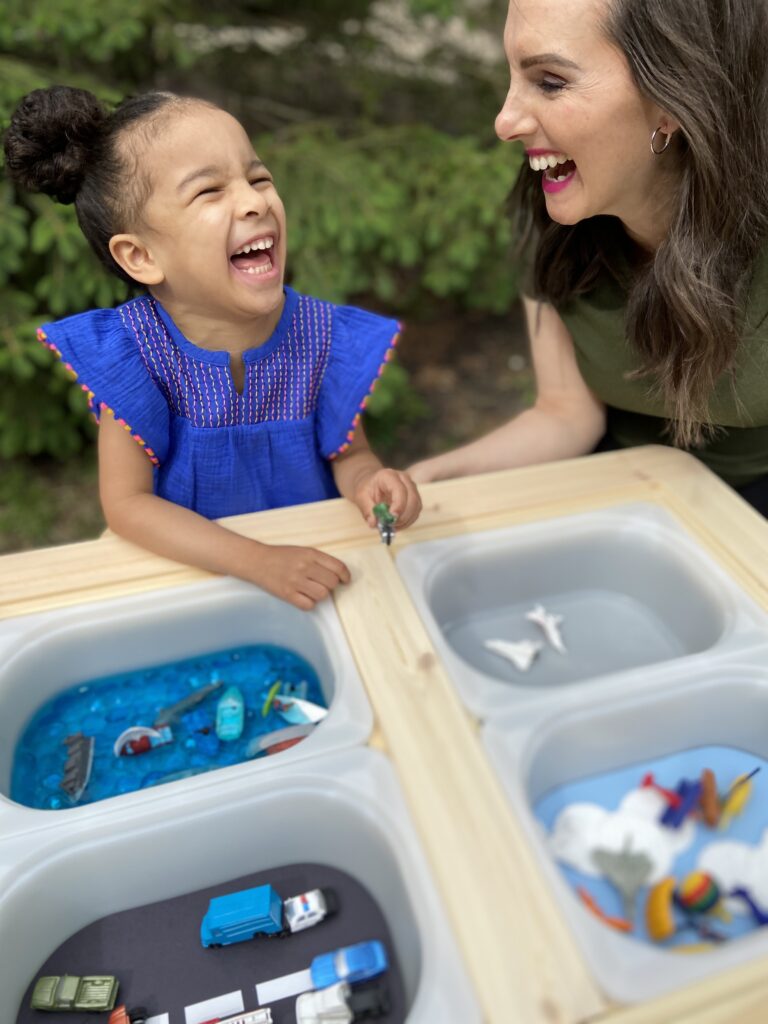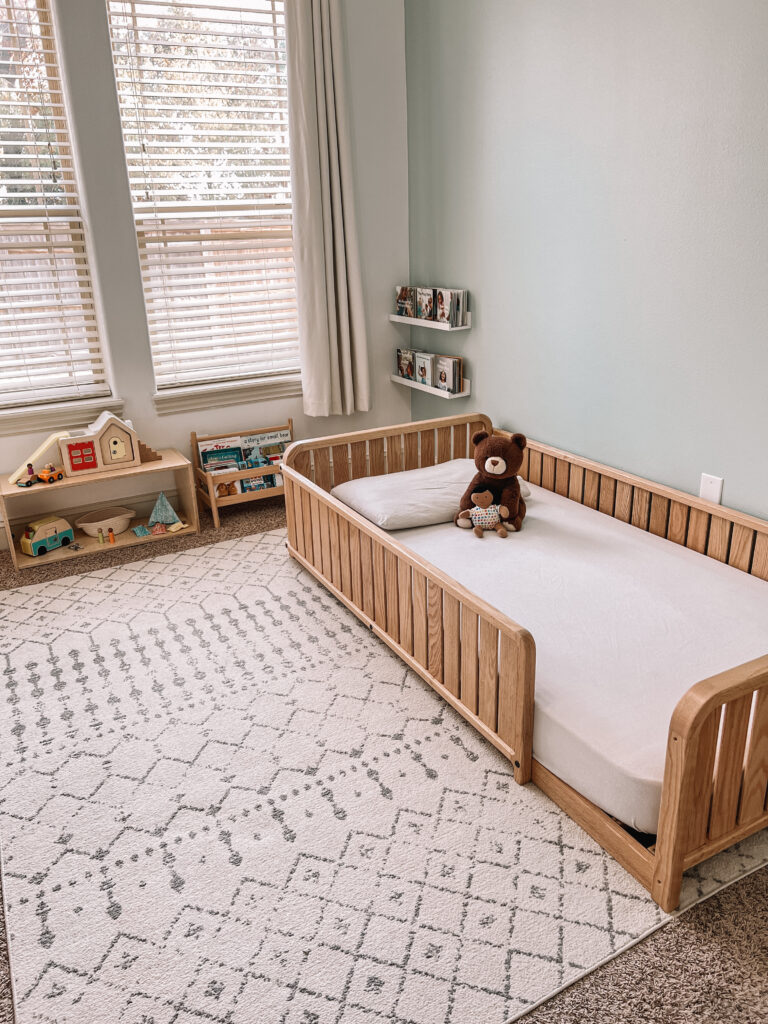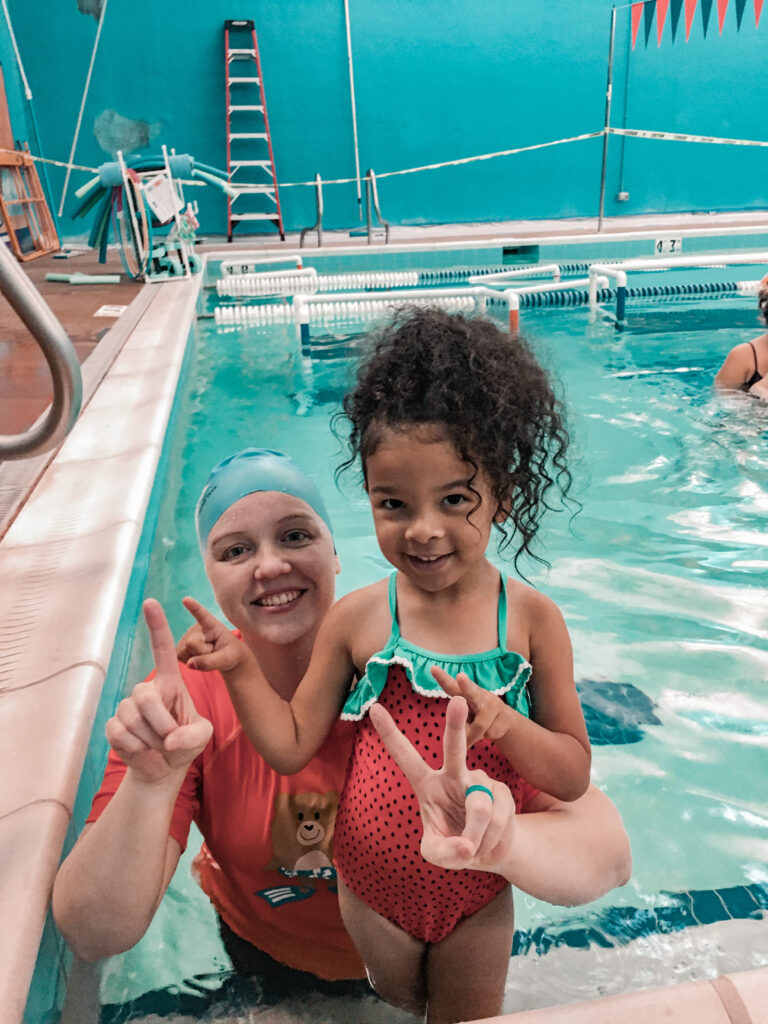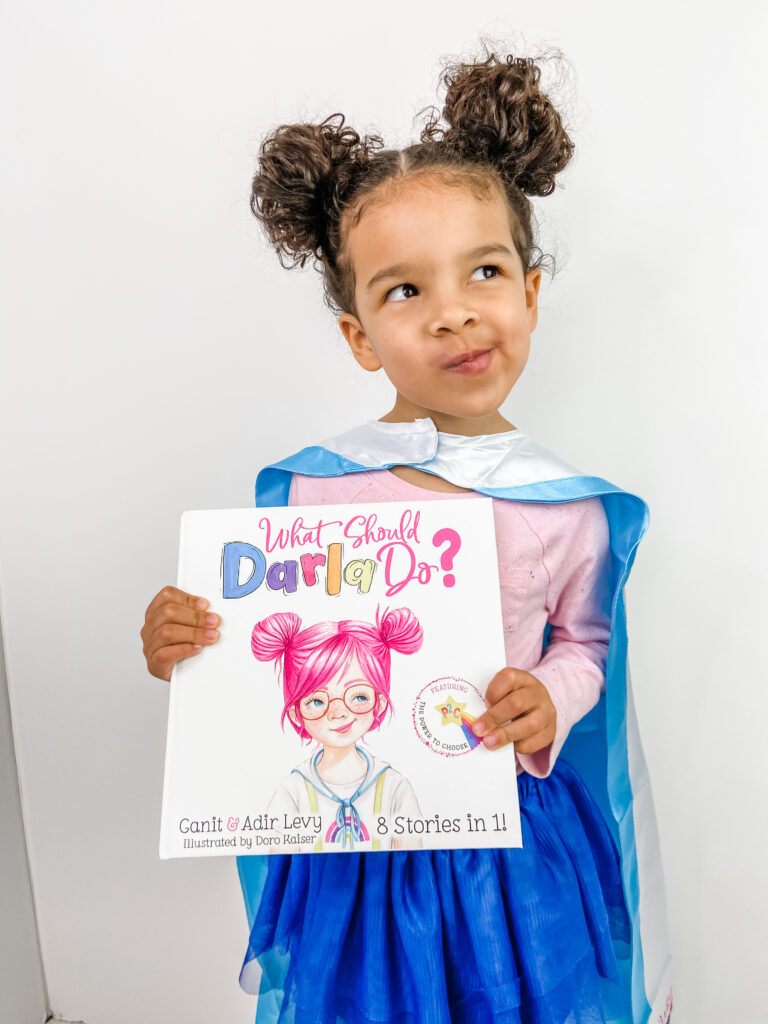PARENTS FOR EQUALITY
As a white woman married to a black man, with biracial children, I understand the importance of fighting racial injustice. Black lives matter! We see you, we stand with you, and we are going to make this right together! We are parents for equality.


Parents for Equality
We have an obligation to our children and our students. We must be intentional with our discussions and culture. It’s time to have open conversations with our children and teach them to be race conscious. As a parent, I believe this change starts at home.
Let’s choose to be leaders in the fight against bigotry and racism. After all, the future of the world depends on us.
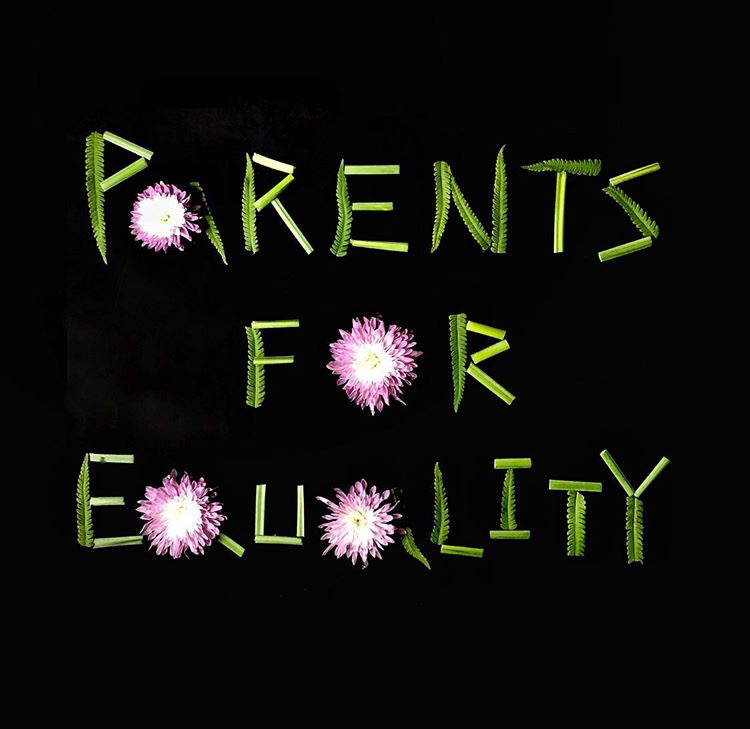

Race Consciousness
Being race conscious shifts away from a “color blind” paradigm which says “race doesn’t matter.” Instead, it gives young children the vocabulary and the confidence to talk about race.
As a result, when racism does arise, children have the foundation to talk about it. Consequently, they’re empowered to take action and be the change.


Lead by Example
According to Lucretia from Brownicity, “Research shows that by age seven, children can accurately reflect social status bias. They will make choices or judgements based on who they perceive as having more or less power or privilege.”
Thankfully, parents can lead by example and openly show respect for ethnic diversity. This leads to more educational opportunities about racial issues. Ultimately, our children will be equipped to resist the hateful responses we see today.
We should educate ourselves as parents so we can set the example. We can choose to be parents for equality. Our children will also appreciate our determination to learn.
How to talk with children about racism
Here are seven tips from Dr. Aisha White, Director of the P.R.I.D.E Program.
1.) Practice what you want to say before you say it.
2.) Be aware of your own biases.
3.) Use picture books.
4.) Ask your child how they feel — directly.
5.) Answer “Why does this keep happening?” with an activity.
6.) Instill confidence in Black children through storytelling.
7.) Help children begin to understand how to be an ally.
*For details on all the above, click here for the full PBS KIDS article.
Parents for Equality Movement
Will you join this movement? If you’re a parent or educator, we would love to know in the comments below.




